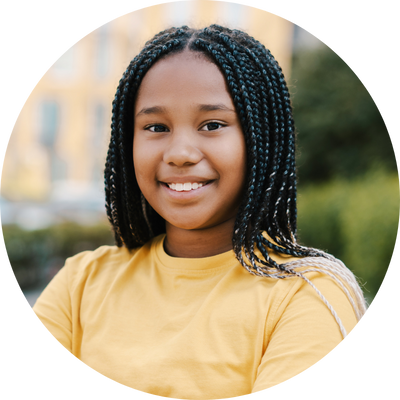You Can Help Kids Experiencing Foster Care
Provide safe, stable, temporary care by becoming a licensed foster parent in Minnesota. By opening your heart and home to a child in need, you are providing them with a committed and reliable environment during a critical time in their lives.
According to a 2025 report from MN Department of Children, Youth and Families (DCYF), nearly 10,000 kids experienced foster care in Minnesota last year.
The need is great, especially for caregivers open to caring for sibling groups and school-age kids.
Take the First Step: Complete Application Part 1Are you interested in becoming a foster parent, but don’t know where to start? Here are some answers to our most frequently asked questions:
We Are Committed to Helping You!
We’re here to provide free one-on-one consultations, educational classes, training videos and more. There are many paths you can take to become a foster parent.
Choose the path that is right for you to get started:
Free On-Demand Educational Training Videos:
Continue your education and learn more about how you can support the needs of youth experiencing foster care. View our free library of on-demand training videos presented by child welfare and psychological and emotional health professionals. You will gain valuable information about the challenges youth face and how you can become a consistent and reliable caregiver.
View Our Webinar Library







